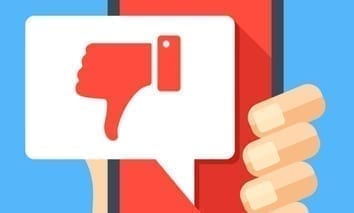The 1996 Law That Ruined the Internet – By By Steve Randy Waldman (The Atlantic) / January 5 2021
Why I changed my mind about Section 230.
In the United States, you are free to speak, but you are not free of responsibility for what you say. If your speech is defamatory, you can be sued. If you are a publisher, you can be sued for the speech you pass along. But online services such as Facebook and Twitter can pass along almost anything, with almost no legal accountability, thanks to a law known as Section 230.
President Donald Trump has been pressuring Congress to repeal the law, which he blames for allowing Twitter to put warning labels on his tweets. But the real problem with Section 230, which I used to strongly support, is the kind of internet it has enabled. The law lets large sites benefit from network effects (I’m on Facebook because my friends are on Facebook) while shifting the costs of scale, like shoddy moderation and homogenized communities, to users and society at large. That’s a bad deal. Congress should revise Section 230—just not for the reasons the president and his supporters have identified.
[Adam Serwer: Trump’s warped definition of free speech]
When the law was enacted in 1996, the possibility that monopolies could emerge on the internet seemed ludicrous. But the facts have changed, and now so must our minds.
CONTINUE > https://www.nextgov.com/ideas/2021/01/1996-law-ruined-internet/171151/



















